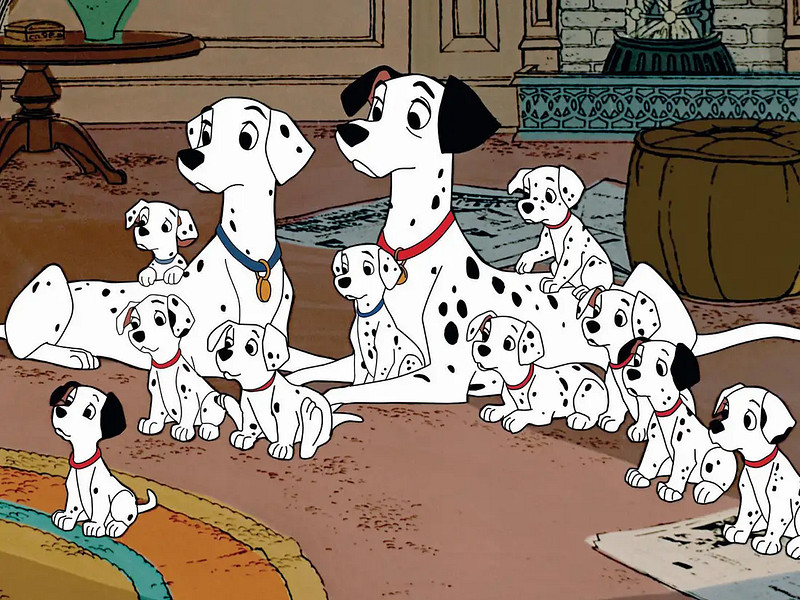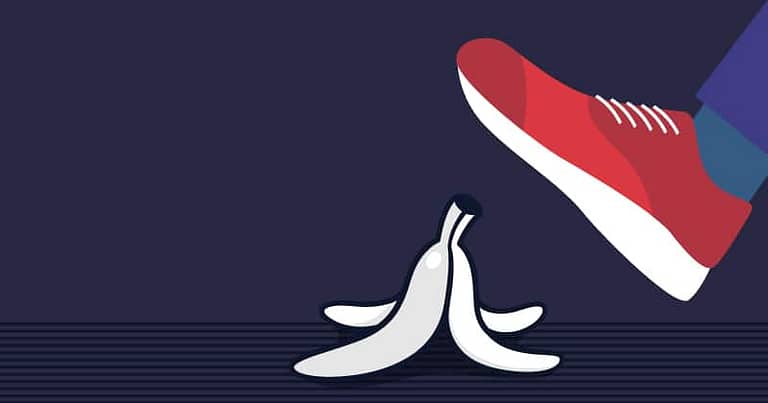#6: The case of the Product Manager, who is too good for their own good

*I’m breaking the rules and starting with number six (a product manager who is too good for their own good) because I recently ran head-on into it.
The list of the most dangerous things that will likely kill your startup, ordered by how quickly they will kill it, is:
- Running out of money.
- Founders not getting along.
- No one needs your product. You’ll likely keep trying to get someone interested until #1, or #2 happens. Better, you’ll have taken timely action and pivoted.
- Customers need your product, BUT your sales & support costs exceed what they are willing to pay for it. Did I hear someone mention the hilarious Pizza arbitrage case?
- Competition outperforms you on product features, sales, or both, and eats your lunch. In this scenario, you deserve this demise.
- A perfectionist product manager who believes s/he owns the truth, especially at the pre and early launch phases of your product.
- Your investors are running (over) your company.
I’ll write a post on each of these near-death scenarios, how to recognize them early, fix them, or, better yet, how to avoid them altogether.
The full list is loooong, longer, and noisier than 101 dalmatians :).
Elaborating on number six: Product-management is the most critical function at the early stages of a startup. Who am I kidding? In later stages too. A role I personally and almost all founders are passionate about and stay directly on top of the longest. This article mainly discusses the less frequent scenario where founders’ delegate, early, a big part of product management decisions to a hired “expert” PM. There are also cases of founders whose product vision is so complete (and lack of experience so profound) that they, too, fall into this ‘perfect’ trap. Pun intended.
A dangerous product manager is the one who wants “too much product” and believes they know what’s needed. One who is greedy for usability and functionality testing. One who demands many integrations to the different products your potential customers use. One who will not rest until a feature, or worse, a product, is perfect (?!) and thus keeps delaying fast releases — a very confident one. As an aside, too much confidence is on the list of things that will kill your Startup. Suspect overconfidence wherever it shows.
This type of product manager will very likely kill your startup.
Instead, I call for the pursuit of early magic.
Release fast, get feedback as soon as there’s a version of your product that can be used, improve, repeat until the magic happens.
You install a pre-GA version of your product. Clanky, there’s some embarrassment in showing it. You all know too well how much stuff is missing from your roadmap. Nonetheless, you get it installed at a friendly one or two customers. They start using it. You get their feedback and iterate with this minimal number of customers trying your product, until magic.
The magic: they refuse to ‘turn it off’ and insist that you add missing features ASAP so they can keep using your product. An incredible example of magic I witnessed was of a customer who volunteered to develop missing functionality for the Startup, to be able to keep using their product.
When this magic moment happens, you get out of the basement and have something real to work with, on the ground floor. Now your PM can iterate and improve to his/her heart’s desire, so long as a FAST iteration pace is maintained. Not before. And not more than the minimum required for the magic to continue.
What happens if no one, ever, refuses to ‘not turn it off’ within your first design partners?
Then it would be best that you re-evaluate your base assumptions. Lack of enthusiastic adoption of your measly first shot at a product is NOT happening because a feature is incomplete or integration is missing. Nor will it go away with more or better-done features nor with hiring more experienced salespeople. My advice: iterate looking for the magic. To clarify, although I think it is obvious: The Magic precedes the “Product/Market fit.” PMF comes much later when you witness your adoption rate /sales growth accelerating. I’ll elaborate on that too, in another post.
Hiring tip: the best product managers worked for startups that failed. They learned using other people’s money what ‘bad’ PM processes are. Equally appealing (but much harder to recruit) are product managers who worked at a company that succeeded but joined them early. This way, they closely witnessed the first magic moments and not the subsequent more dogmatic iterations and negotiations with R&D that product management entails at later stages of the game.
Thank you, Noa Danon, co-founder, and CEO of Everafter.ai, for making this a better text, and Rona Segev, my partner at TLV Partners, for feedback.




